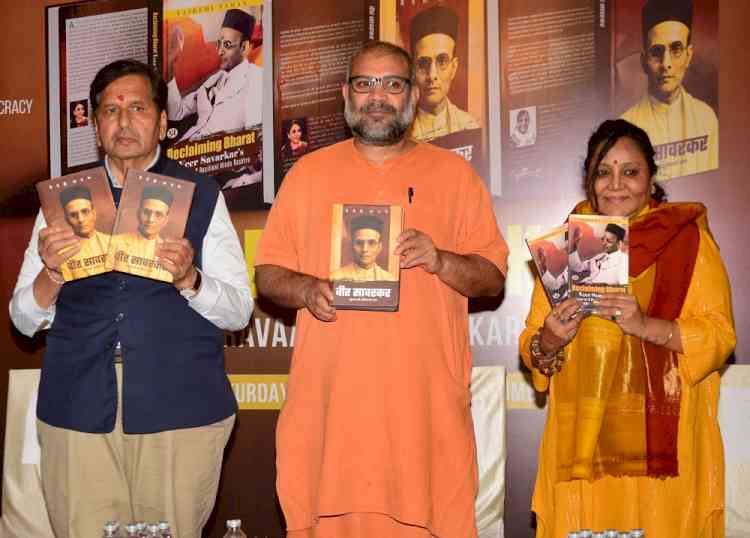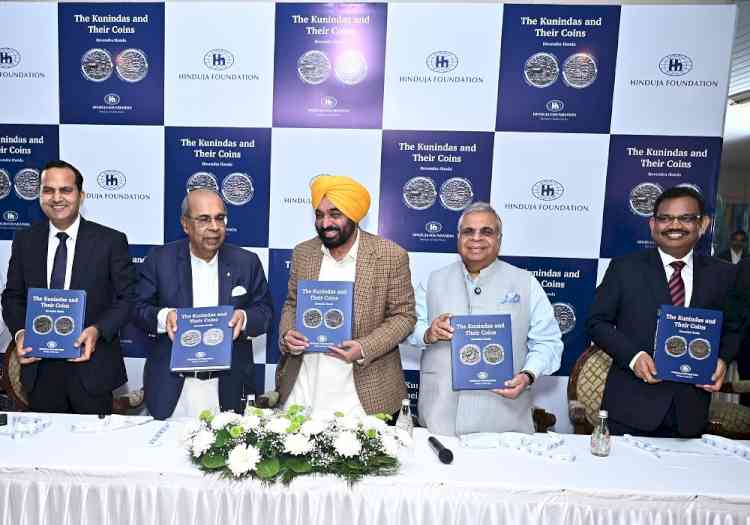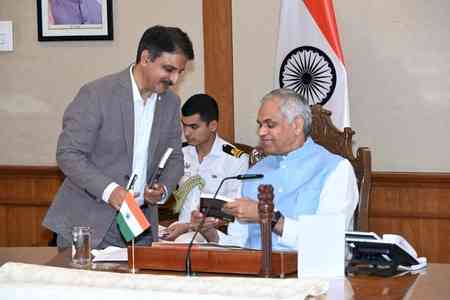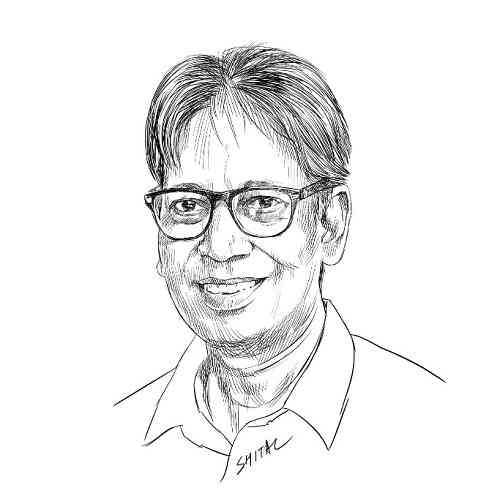Why does everyone claim legacy of Shivaji Maharaj? Authors debate at Conclave Mumbai 2022
Authors discuss the legacy of Chhatrapati Shivaji and talk about why everyone looks to claim the great Maratha.
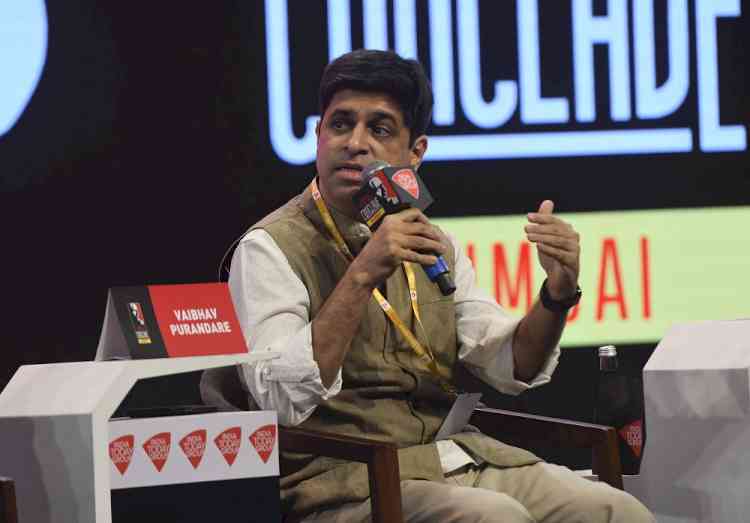
Imagine an individual taking on an empire. It’s hardly a contest. Imagine the empire he is taking on is one of the world’s biggest and covers one-fifth of the world’s land surface and it is in a completely hopeless situation. Yet, one man takes on the Mughal Empire when it is at the height of its glory under Aurangzeb. That is Chhatrapati Shivaji, author Vaibhav Purandare said at the India Today Conclave Mumbai.
“He framed policies, rejigged the administration and gave robust expression to religious plurality,” Purandare said. This was echoed by historian Manu S Pillai. “Some say he was a secular figure. Except that secularism wasn’t a feature or a value in his time. Pluralism might be the correct word. Others say he is a protector of the Hindus, which is true if you look at his kingly narrative,” Pillai said.
“He was out to create a Hindu polity. I agree with Manu that the word secularism does not apply. It is a Hindu polity which is broadly inclusive and does not discriminate between faiths. It is based on deeply humanistic philosophy. He instructed his soldiers that if they ever found a Quran during their campaigns or when they were conquering a fort, they had to treat it with the utmost respect and return it to its rightful owner. Similarly, if women or children were captured, they had to be returned home with the respect they deserve,” Purandare added.
“There has always been a clash between religious authority and political authority. Chhatrapati Shivaji set an example that religious authority should not overpower political authority. Instead, both should work hand-in-hand for the wellbeing of the people. From a political point of view, he was the first person who didn’t name his kingdom after himself,” said actor and MP Dr Amol Kolhe, who was also part of the discussion.
HIS LEGACY
When Shivaji was 29, he began building his own navy from scratch, Purandare said. “He didn’t have the technology. So he borrowed from the British and the Portuguese. By the time he was 44, he had 50 combat vessels of varying quality and close to 700 trading vessels. He is singular in this respect.”
“Chhatrapati Shivaji was not born a king. He never betrayed anyone to become king. He swore himself as king. And he remained king until his death. For 10 centuries none of the Hindu kings could build a powerful navy, which is why the Portuguese and the Dutch could come in. Chhatrapati Shivaji realised that and built his own navy after 1,000 years. So he becomes a visionary in this respect,” Dr Kolhe said, adding, “He should not be reduced to only caste or only region. He is much beyond that.”
“Different groups at different times end up appropriating different sides of Shivaji. Ultimately, it is all one Chhatrapati. Every aspect of his life has drama, valour, and vision. So it is not surprising that Indians began appropriating him as their icon - first as a regional icon and then as a national one. The ingredients were all there,” Pillai concluded.
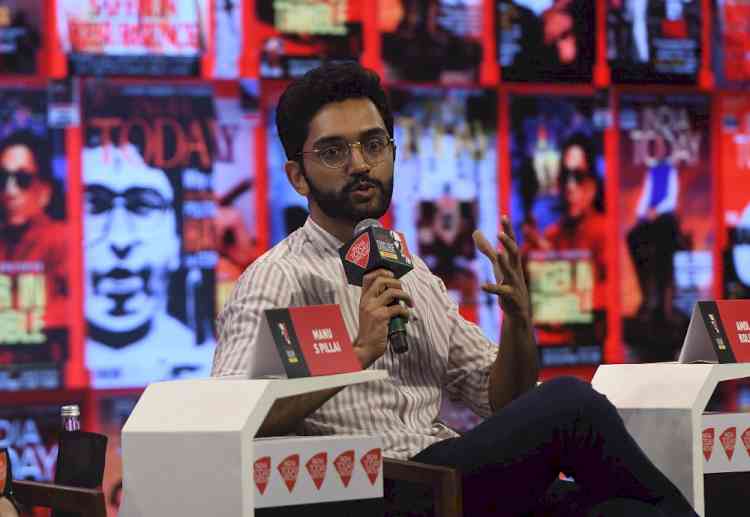 Manu S. Pillai, Author & Historian.
Manu S. Pillai, Author & Historian.



 City Air News
City Air News 
